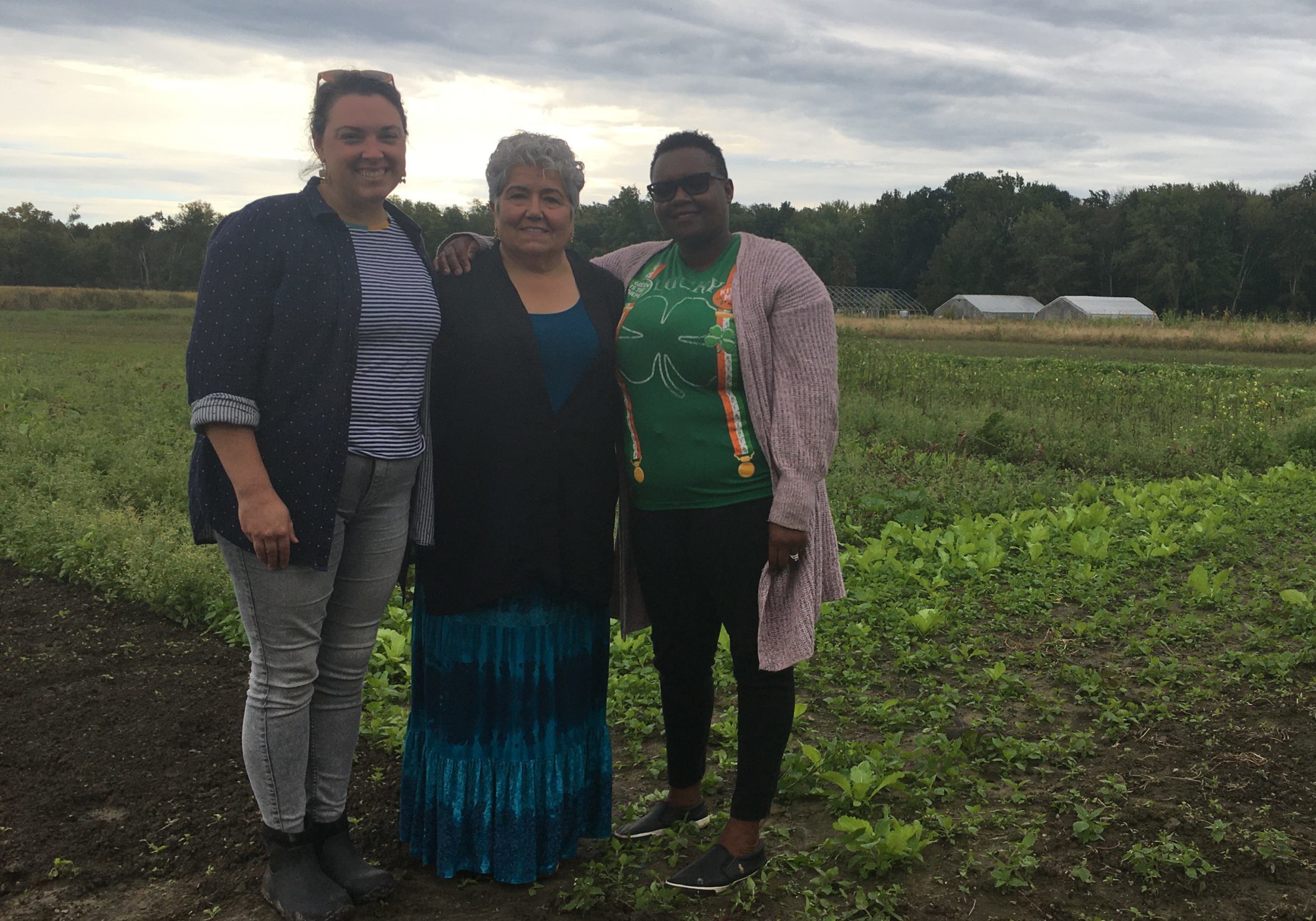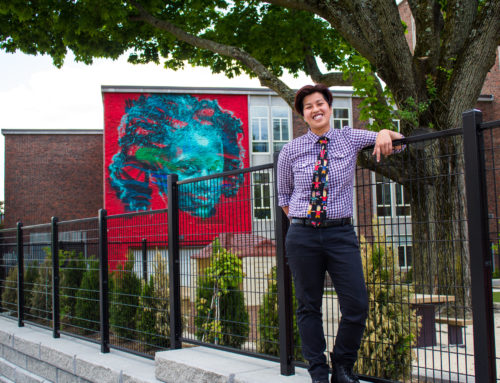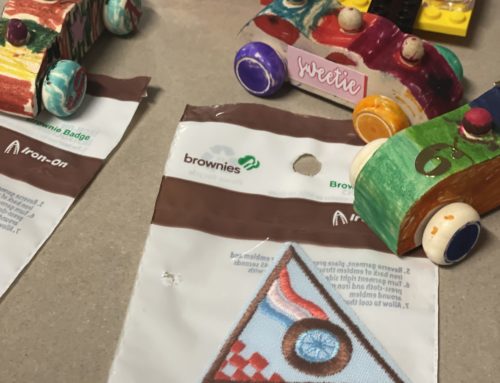LANCASTER — On Route 117 heading into Bolton, a farm run by a nonprofit organization is shrouded by trees.
Behind the tree canopy are 55 acres of land, complete with greenhouses and crops, owned by World Farmers, a nonprofit organization that provides immigrants and refugees the opportunity to grow crops from their native countries and sell them to local restaurants and farmers markets.
“Farmers come from agrarian backgrounds and we provide land and infrastructure necessary for them to grow the crops that are familiar to them,” said World Farmers’ Executive Director Maria Moreira, who came to the United States from the Azores in 1966.
“They use this as a way to assimilate into the American culture. It’s very difficult being an immigrant, myself, I know how it feels and I identify with that. You always feel like a guest, but also you need to eat, so it’s very important that people have a little piece of home and that’s what we provide.”
World Farmers has been in operation for 37 years, but this year, it went through a particularly rough time after severe rain coupled with Hurricane Henri hit the farm, resulting in a total crop loss for the year.
“In 2021, obviously, we had a devastating flood and excess water hit the farm, so we had an already wet summer, then we had Hurricane Henri, it was a total crop loss this year. So, this year we didn’t have crops here.”
Understanding the importance of the farm, State Senator John Cronin and State Representative Meg Kilcoyne helped secure funding for World Farmers in the state’s budget this year.
“In this year’s state budget, Representative Kilcoyne and I secured $25,000 to support irrigation improvements on the land—which these farmers need more than ever due to the effects of climate change and increasingly erratic weather,” Cronin said on his Facebook page. Both Cronin and Kilcoyne toured the farm on Sept. 16.
The farm grows over 40 ethnically diverse crops including ginger, bok choy and luffa gourd. According to Jessy Gill, the program director of World Farmers, the crops are sold to several restaurants in Worcester including Deadhorse Hill as well as some farmers markets in Boston.
“We are seen to be a supplier of culturally specific crops and so folks come to us when they are looking to diversify their selection and increase food access to cultural communities,” said Gill.






Leave A Comment